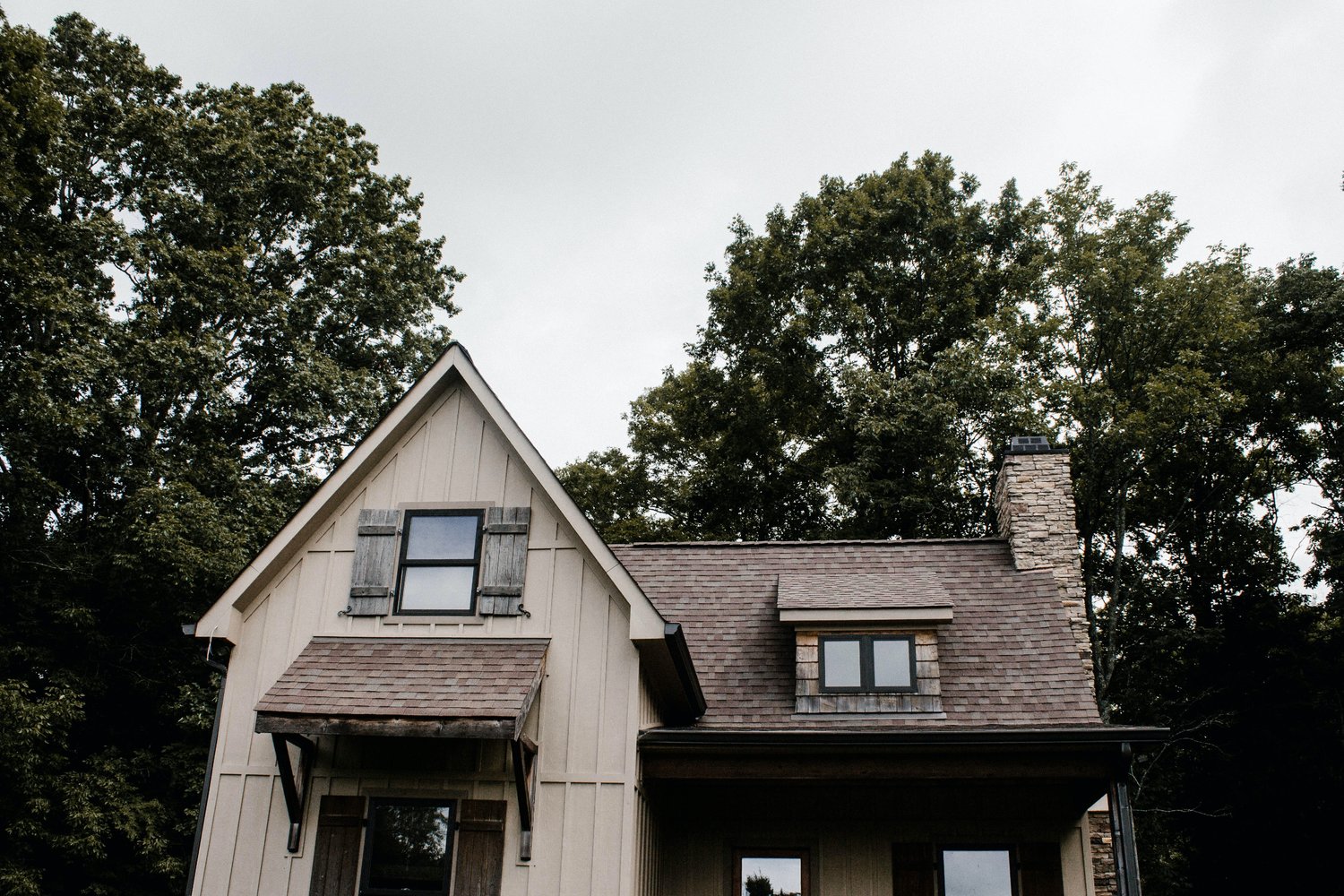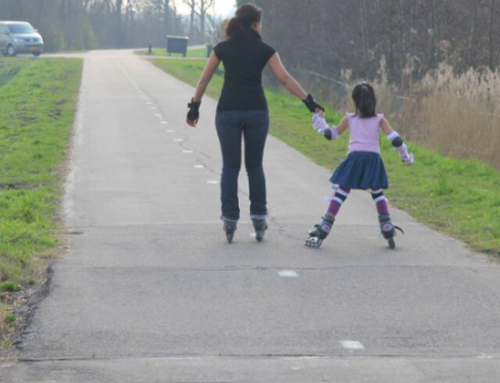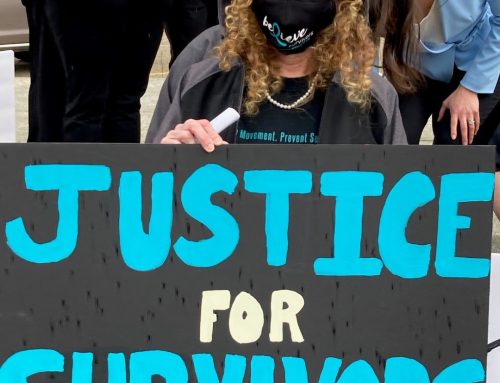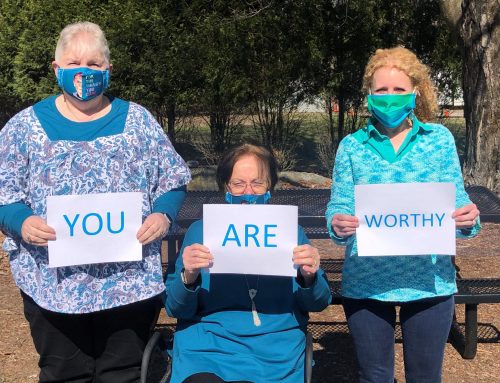Protecting against abuse and neglect is a ‘community responsibility’
HONESDALE, PA — April is National Child Abuse Prevention Month. During a typical year, Rozalyn Burke, director of Wayne County Children & Youth Services, spends the month doing community outreach, drafting a proclamation for the Wayne County Commissioners and displaying symbolic blue pinwheels at county buildings, all to raise awareness about child abuse in the community. This year, none of that happened.
“It’s incredible to me how this pandemic has overwhelmed every facet of our society,” Burke said. Instead of using April to raise awareness, Children & Youth (CYS) has been busy getting 75 percent of its employees set up to work remotely, all while “continuing to ensure the safety of children in our community.”
Doing the latter has been more difficult than usual. While the outbreak of the novel coronavirus has closed schools, created job loss and required families to stay home together almost all the time. reports of domestic violence and child abuse have gone down. In April 2019, CYS received 103 reports of abuse. This April, the office has only received 66 reports: about a 36 percent drop. Officials call this a deceivingly troubling statistic. Burke suspects that instances of abuse and neglect have likely risen during this pandemic, despite the decline in reports.
“It’s not because… children are home… doing well… not being abused… not being neglected. It’s the opposite,” Burke said. “One of the unfortunate effects of this pandemic has been school closures… so there’s a lack of interaction between children and their teachers, therapists and other mandated reporters who are the ones reporting on a daily basis when they have concerns for children they oversee.”
Burke added that the county’s smaller number of reports is consistent with statistics state and nationwide. The same is also being seen in areas other than child abuse. Michele Minor Wolf, executive director of the local Victims Intervention Program (VIP), said that domestic abuse hotlines across Pennsylvania have been getting fewer calls since the pandemic hit. “We believe that is because people cannot call us, because they are stuck home with the abusive person all day,” Minor Wolf said. “They can’t reach out for help in a safe way.”
In addition to trapping people in potentially abusive households, the effect of the current global pandemic—job loss, lack of routine—could also act as an added stressor that escalates abusive people’s behavior.
“I just want to be clear that when people suddenly become under stress, that does not automatically make them an abuser,” Minor Wolf said. “If somebody’s going to batter someone and be an abusive person, that’s already in them… but with this added stress it could just make it worse.” Minor Wolf also said that she’s worried that abusive spouses or parents will feel more comfortable doing physical harm since the victims won’t be leaving the house and being seen.
Burke said that looking out for signs of child abuse and neglect is a “community responsibility.”
“If you suspect something, then report it,” she said. “You don’t need to have all the facts, you don’t need to have all the details, you can call anonymously.”
Community members can make reports of suspected child abuse or neglect by calling the PA Childline hotline at 1-800/932-0313, or by calling CYS between 8:30 a.m. and 4:30 p.m. at 570/253-5102.
Minor Wolf said that if someone is in physical danger, they should call 911 first. However, people who want to leave an abusive household but do not need immediate intervention can call VIP’s 24-hour hotline at 570/253-4401. VIP can also be contacted through its Facebook page, but Minor Wolf said that should only be done if there are absolutely no other options for getting in touch.
With the added barriers of the pandemic and stay-at-home order, organizations like CYS and VIP have been “thinking outside of the box” in an attempt to continue reaching those who need help.
Burke said that the department’s social service aids have collaborated with regional school districts to deliver grab-and-go lunches to families’ homes to drop off curbside. CYS compiled a list of families that it was already serving as well as families that wanted to utilize the meal program but could not drive to the schools to make the pickup.
“[Delivering this food] gives us the opportunity—not to do a formal assessment that everything is well with the family—but to informally be able to see them come out on their porch, give them a little wave, ask how’s everything going,” she said. “We’ve gotten creative in the ways in which we’ve done outreach with our families… and that’s what this agency is about, helping in any way we can, when we can.”
Physical Abuse
• Child seems frightened of the caregiver
• Child has burns, bites, broken bones, bruising, black eyes, or complaints of pain
• Caregiver offers no explanation of a child’s injury, or blames the child’s behavior
Sexual Abuse
• Child attaches quickly to strangers or new adults
• Child shows unusual knowledge or behavior for their age
• Child has difficulty walking or sitting
• An adult inappropriately touches a child, watches pornography with a child, or says sexual things to a child
Emotional Abuse
• Child shows extremes in behavior, or is overly aggressive, or compliant
• Child seems emotionally unattached to caregiver and others
• Caregiver blames, belittles or berates the child and refuses to help the child
Neglect
• Child begs or steals food, has very poor hygiene, or says no one at home provides care
• Child uses alcohol or other drugs
• Highly stressful family situations, or adults in the home abusing alcohol or drugs
• Unlocked weapons or guns in the home





